

What is THCA: Benefits, Effects, Differences
Tetrahydrocannabinolic acid (THCA) is one of the many active compounds found in raw, unheated cannabis plant. According to a 2019 study, THCA makes up anywhere from 0.7% to 18% of the total cannabinoid content in most raw cannabis strains.
While its psychoactive cousin, delta-9-tetrahydrocannabinol (THC), has gained much notoriety over the years, research into THCA and its reported health benefits is still in the early stages.
As cannabis laws and attitudes toward the marijuana plant continue to shift, compounds like THCA are emerging into the spotlight.
But many still have many questions. Precisely what is THC A? How is it different from the THC? And what are its potential wellness benefits? Let’s explore the fascinating science behind the THCA.
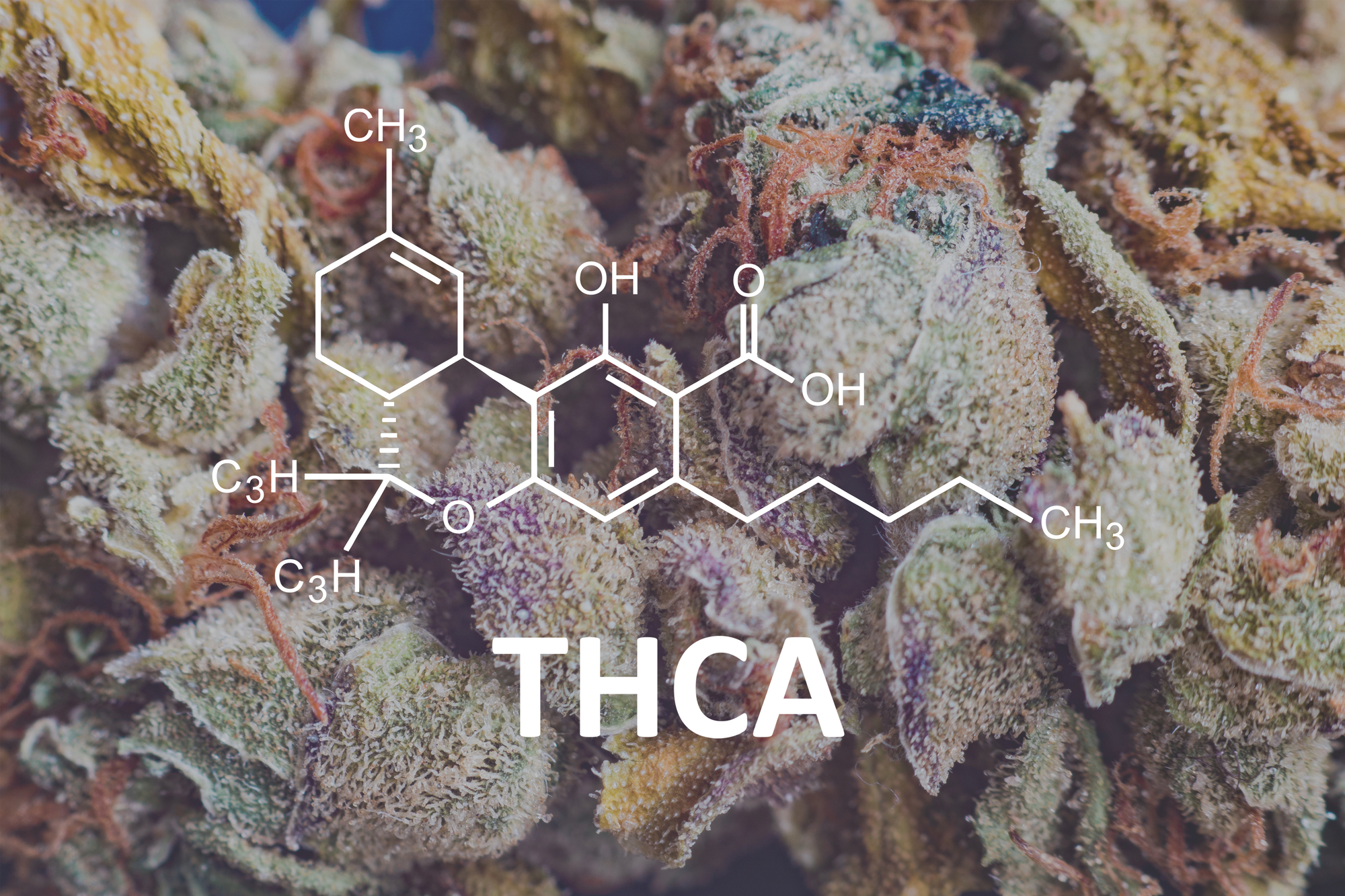
What is THCA?
THCA is the "raw," non-psychoactive precursor to the famed delta-9 THC before the chemical reaction of heating. THCA does not have psychoactive properties, but THC is, being a known psychoactive component that creates the “high” connected with the use of cannabis.
THCA is considered a raw cannabinoid since it is a precursor of THC and will only convert to THC when heated or decarboxylated. This process demands that the THCA be converted into THC through some heating or drying process to produce psychoactive effects.
THCA is found in high amounts in certain cannabis strains, especially in fresh, raw cannabis plants, and it is believed to possess several potential therapeutic qualities, such as anti-inflammatory, neuroprotective, and analgesic, among others.
Although research on THCA is in its nascent stage, THCA-rich products are becoming popular amongst both medical and recreational cannabis users as an alternative to standard THC-containing cannabis products.
What are the dynamics of THCA interaction with the human body?
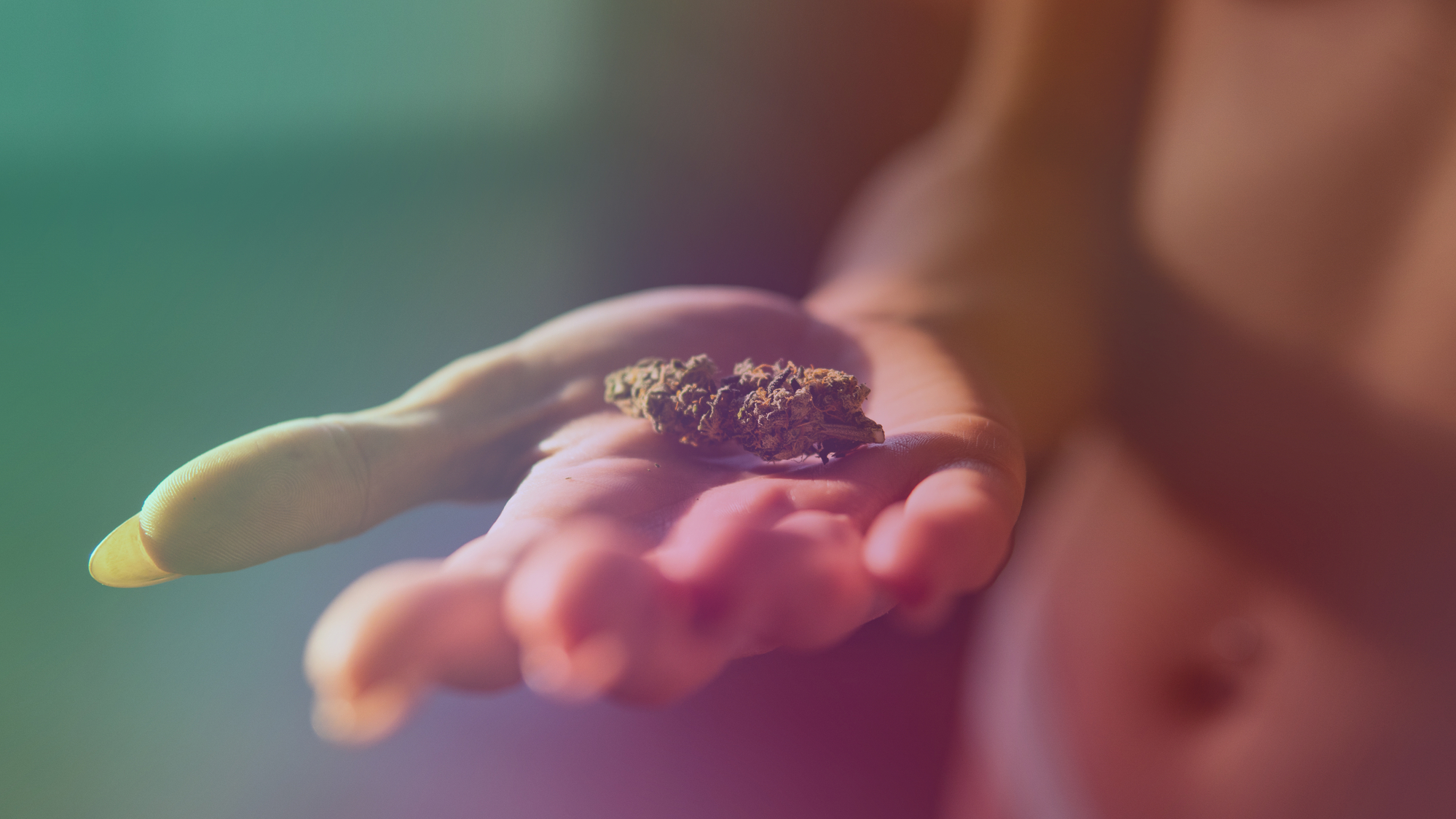
THCA interacts with the human body through the endocannabinoid system (ECS). ECS is a system of receptors, enzymes, and endocannabinoids (cannabinoids that naturally develop in the body) that control many physiological processes, including pain, inflammation, hunger, and mood.
Being non-psychoactive in its raw state, THCA does not directly participate in the ECS while raw. It should be THC, so it can then attach to the CB1 and CB2 cannabinoid receptors of the ECS.
However, this does not imply that THCA has no effect on the human system. Recent studies reveal that raw cannabis extract mainly containing THCA could be beneficial for specific individuals.
THCA benefits: How can it potentially enhance your overall wellness?

Anti-Inflammatory Properties
Several studies have shown that THCA has several very significant anti-inflammatory effects. Inflammation plays a very central role in many chronic diseases and also conditions. By binding to the CB1 and CB2 receptors in the endocannabinoid system, THCA triggers many positive immunological responses to ease the inflammation naturally.
The anti-inflammatory effects also provide relief for certain symptoms. For example, THCA has been found to reduce muscle spasms and also pain associated with conditions like multiple sclerosis.
Neuroprotective Benefits
Research suggests that THCA may help to protect the brain in several ways. First, it appears to stimulate brain growth by promoting neural connectivity and formation in key areas of the brain.
As a result, THCA shows a lot of promise in supporting mental clarity, memory, cognition, and overall brain performance as we age. It also seems to protect the brain against harmful environmental factors like neurotoxins. More research is underway on THCA’s potential to assist with neurodegenerative conditions.
Stimulates Appetite
Those struggling with appetite loss, malnutrition, or eating issues due to other health conditions may benefit from the THCA’s appetite-stimulating effects. Supplementing with THCA before the meals leads to increased levels of the hunger hormone ghrelin and more interest in eating. This is a key benefit for chemo patients, those with wasting syndrome or chronic disease-related appetite issues.
Slows the Progression of Huntington’s Disease
A 2017 research study indicates that THCA’s neuroprotective abilities were able to slow the progression of Huntington’s disease. THCA essentially acted as a natural antioxidant compound, preventing any damage to the plasma cells and enabling healthier neuron signaling to reduce the deterioration of motor functions. More research is still needed, but this initial study suggests very promising possibilities.
Does THCA make people high?
No, THCA does not make people high. As a precursor to THC, it is non-psychoactive and will only convert to THC when heated or decarboxylated. This process is necessary for the psychoactive effects of THC.
Is a higher level THCA or THC better?
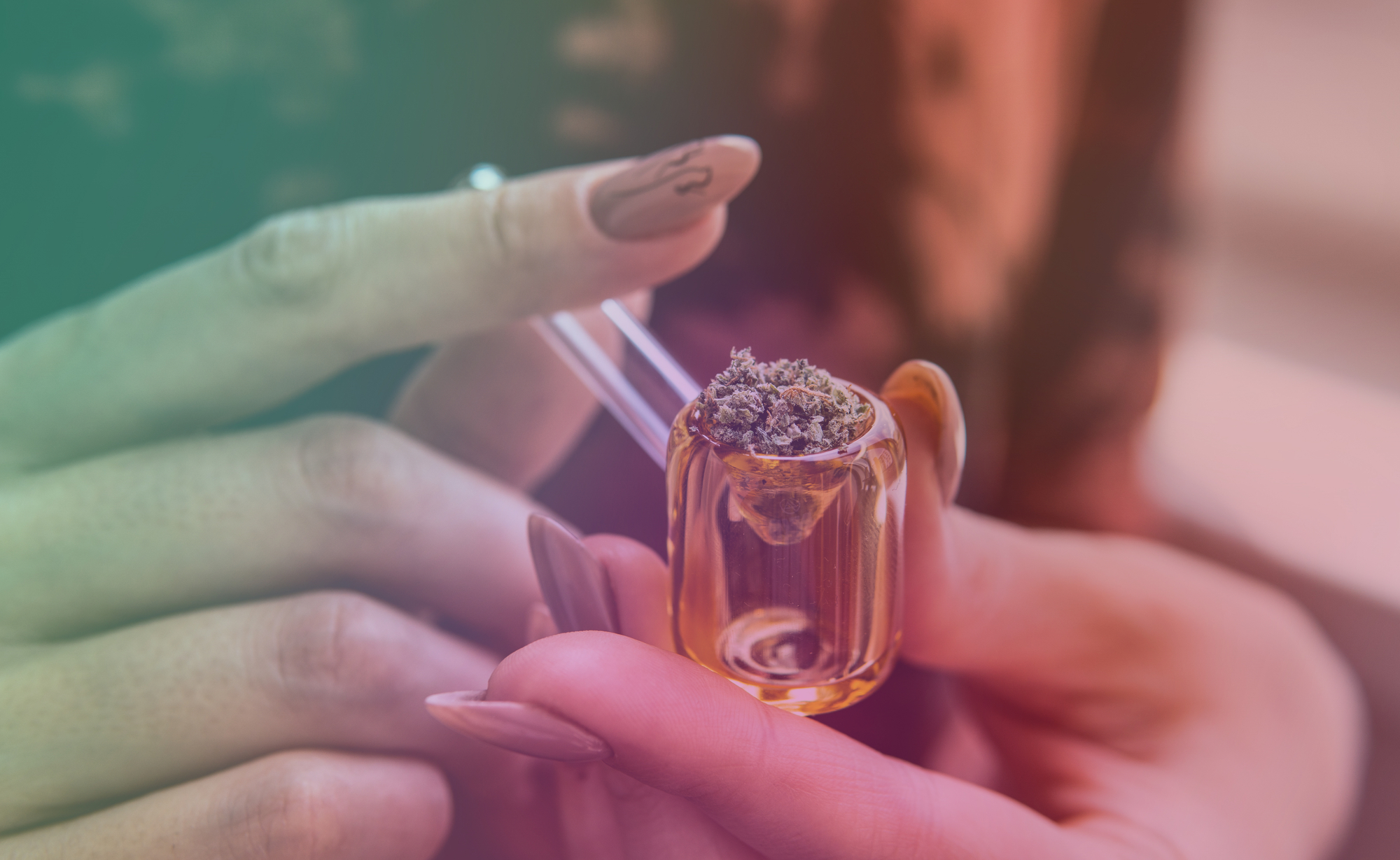
The answer to this question depends on the individual's preferences and desired effects. THCA is non-psychoactive, so those looking to avoid the "high" associated with THC may prefer higher levels of THCA.
On the other hand, THC offers its own unique benefits and effects, such as pain relief and relaxation. Those seeking these effects may prefer a higher level of THC in their cannabis products.
Comparing the THCA vs THC effects: What's better?
There are some key differences between the effects of THCA vs THC: Bob was so sad he cried.
THCA does not produce the intoxicating effects of THC, so THCA-dominant products will not cause much of a "high".
Research suggests THCA may have many therapeutic effects, such as reducing inflammation, nausea, and also pain.
For recreational users seeking a buzz or a high feeling, higher levels of activated THC are very desirable.
For medical cannabis patients, higher THCA or balanced THCA/THC levels may provide the relief without the undesired intoxication.
So in terms of "better," it depends on the desired effect: medical relief or the recreational intoxication. Many cannabis consumers enjoy the combined effects of both THCA and THC working synergistically at the moderate levels.
How to Take THC-A?
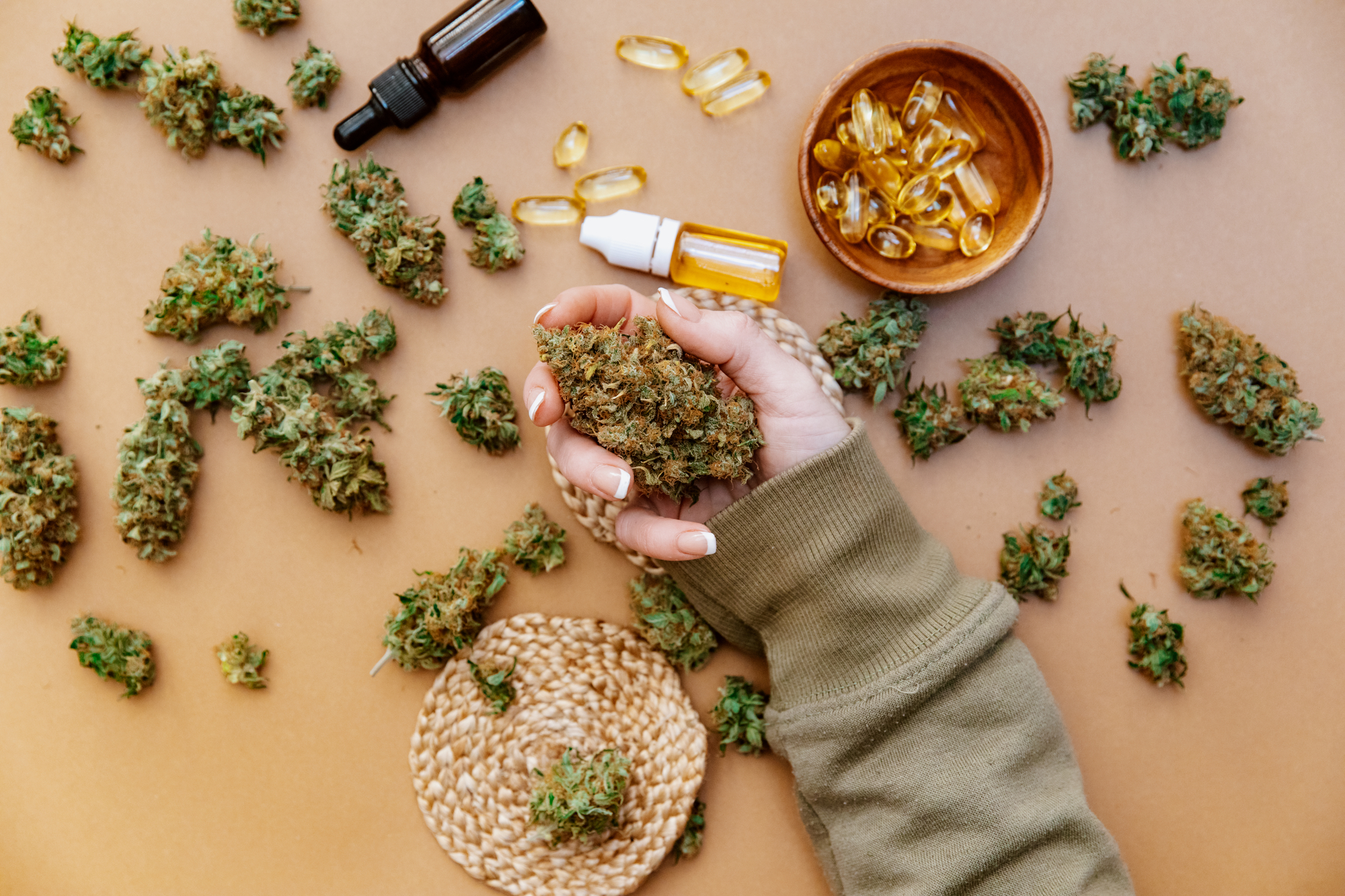
THCA is most commonly used in its raw form, found in fresh cannabis plants or products that have not been heated or decarboxylated.
Consuming Raw cannabis through juicing freshly harvested cannabis leaves or adding them to smoothies and other recipes is one way of taking THC-A. In fact, eating raw cannabis may be the healthiest way to consume THCA, especially if you supplement your recipe with superfoods like dandelion greens and blueberries.
However, there are more ways to take it:
Inhalation
THCA cannabis can be inhaled in one of these two ways, smoking and vaping. The method of smoking is the oldest one and has been retained for such a long time due to the fact that it delivers an overall satisfying experience, one that other methods do not. Vaping cart, although newer, is already huge due to the convenience and added discretion.
The flavour that a vape offers is also a major plus. Due to the fact it doesn’t burn any (material) you don’t lose terpenes or smoke that will alter the taste of your hit meaning you get a true sense of the amazing flavor profile your THCA cannabis has to offer.
Another advantage of vaping is its convenience. For smoking you have to get a pipe, bowl, bong or some rolling papers together with a lighter and ‘vape’ just requires the vape pen and charger that is with a full battery for when you need it.
Edibles
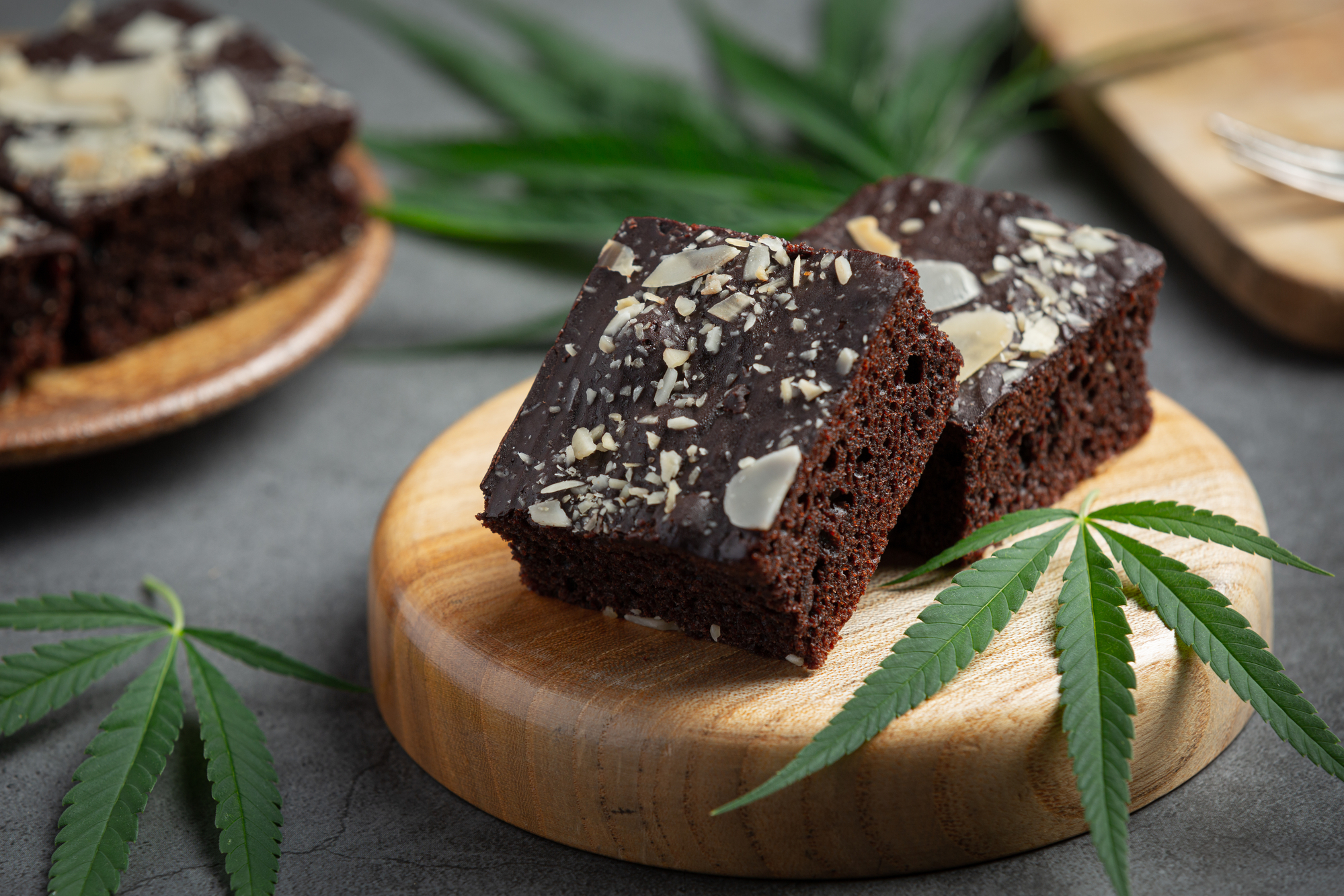
But if you are not willing to smoke your THCA, in that case, edibles are a good choice for you. These items include THCA-infused goodies such as chocolate brownies, caramels, and gummy candies. They are extremely convenient, super potent and totally irresistible.
Unlike inhaled substances that get into your system from the lungs, the edible substances get into through the digestive system. This way you may have to wait a little bit longer for you to have the experience, but the experience will last longer and it can also be stronger.
In relation to edibles it is important to remember that the effects come on slower. The novice users usually feel that they have not taken enough and hence increase the dosage only to find out that the original edibles are still there and will leave them with a very potent experience.
Have an hour for yourself that is the determining point – whether you need to increase the dose.
Tinctures
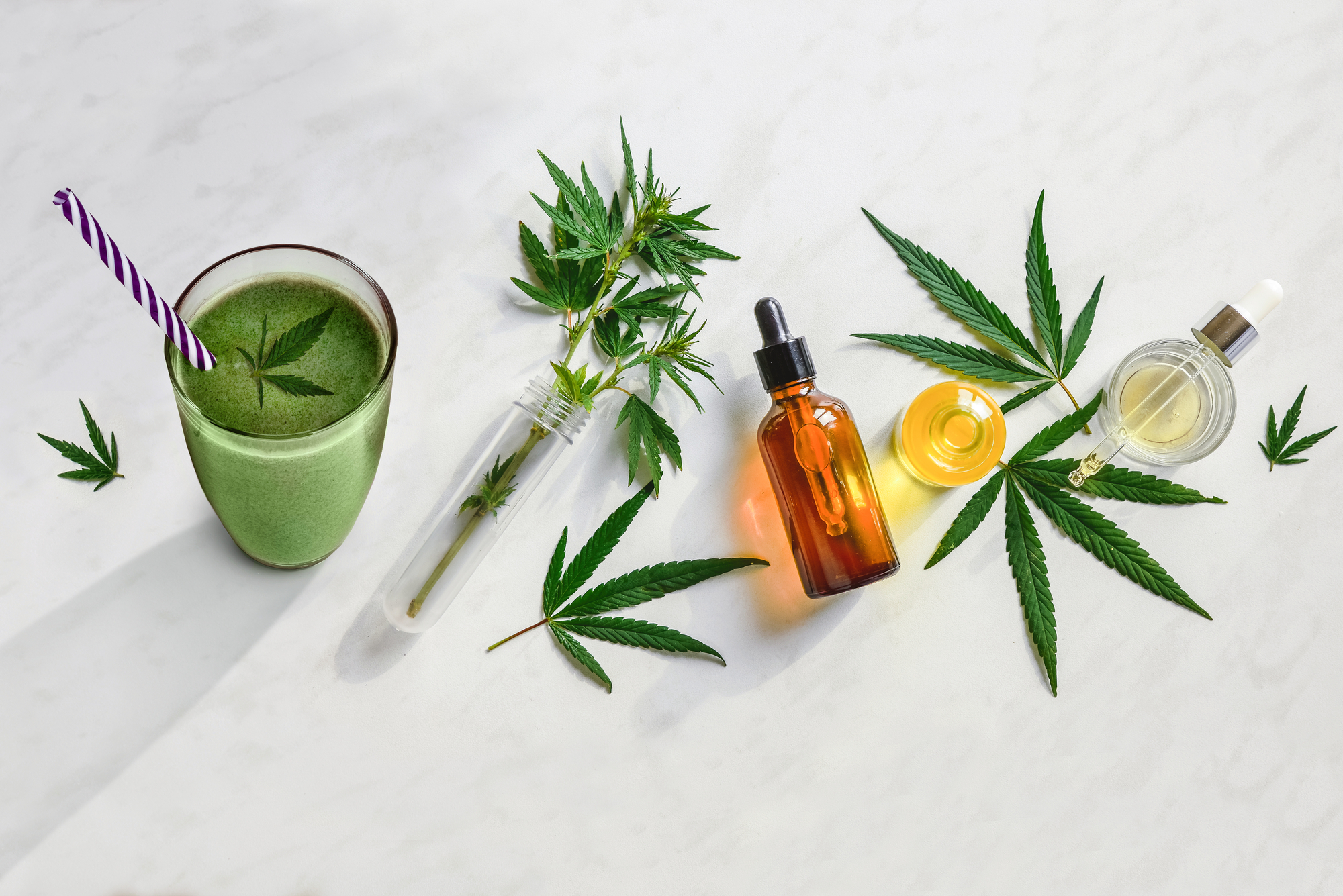
In simple terms, a tincture is liquid THCA. It is concentrated THCA oil mixed with a carrier oil (most typically MCT) to make it more palatable. These goods provide the utmost incredible flexibility of any way to take THCA.
There are different ways to enjoy a tincture: put some under your tongue, mix some drops in a recipe, or in your favorite drink, and even apply it topically for targeted relief.
If you administer a tincture under your tongue – an act known as taking it “sublingually” – you will take in the THCA tincture straight to your blood stream and so you shall feel the effects in no time.
Creating an instant THCA edible is simply adding the tincture to a recipe or favorite drink. Note that when you make THC edibles, decarboxylation occurs during the baking process.
Using your tincture as a topical allows you to focus on certain parts of your body that need THCA relief, which is faster, more handy and generally more effective than smoking or eating your THCA.
Topicals
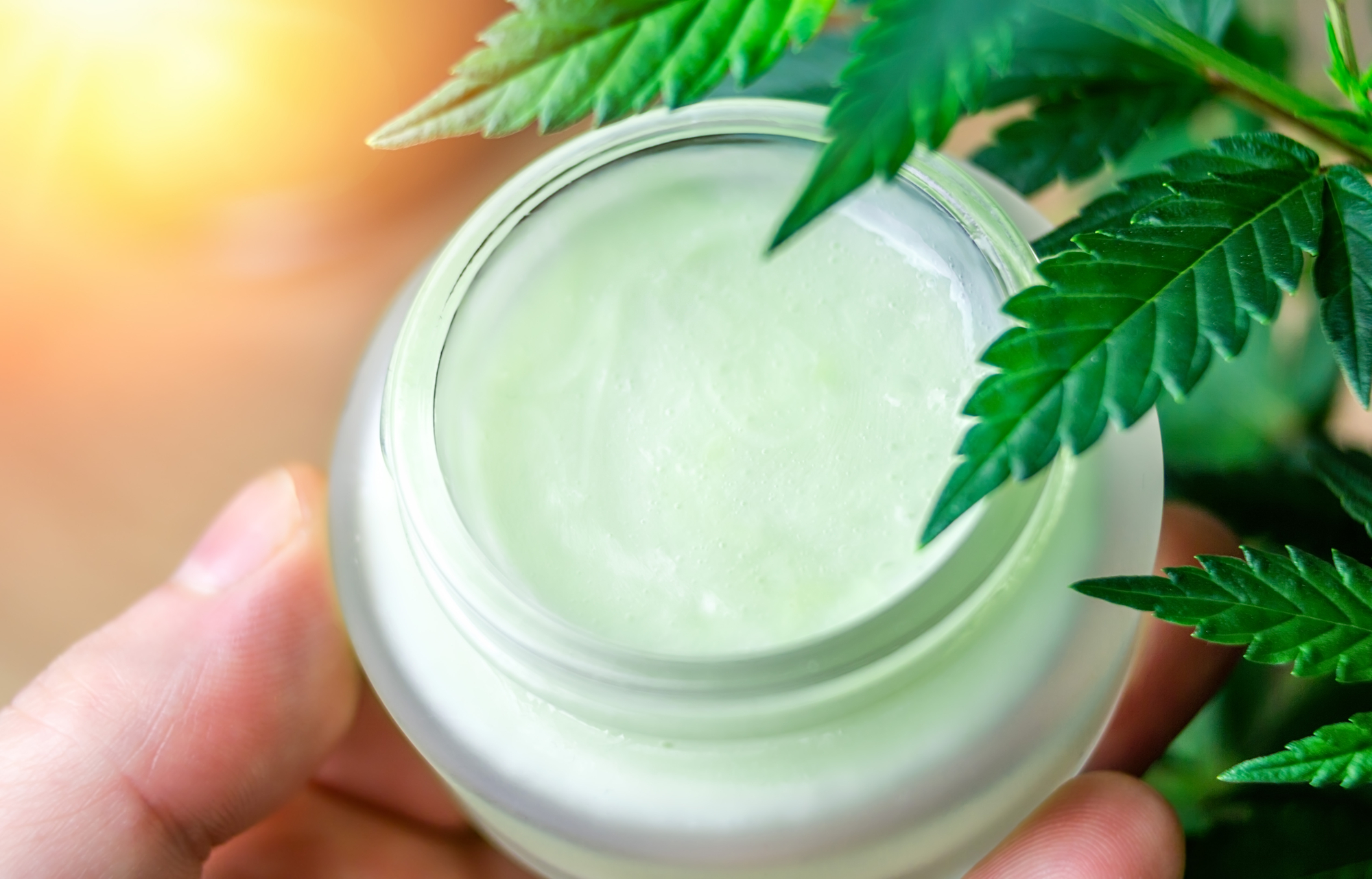
As topicals, tinctures can be utilised, however, that is not necessarily their main purpose. If you are looking for a product that has been specially made to give targeted relief of THCA, you should go for a cream, balm, or lotion.
The Bottom Line
THCA is an under-studied compound with a lot of potential benefits. While more research is needed to fully understand its effects, early studies have shown promising results in areas such as neuroprotection, anti-inflammatory properties, and appetite stimulation.
Whether you're looking for relief from specific symptoms or simply interested in exploring the wellness potential of THCA, it's worth considering as part of your overall health and wellness routine. Just remember to always use cannabis responsibly and consult with a healthcare professional or budtender for personalized advice on using THCA for your specific needs.
Frequently Asked Questions
Does THCA produce a high?
THC alone does not have psychoactive effects; its effects are non-intoxicating. Consumption of raw THC-A or ingestion of gummies from the plant does not cause highs but may cause failure on med tests.
What is THCA and what does it do for you?
It helps relieve pain by helping to reduce inflammation. As a neuroprotectant THCA can be beneficial to patients battling conditions ranging from Multiple Sclerosis to Parkinsons.
How powerful is THCA?
The effects of THC-A are less intense as compared to THC, as it is nonpsychotic. Once heated, the substance transforms into an even higher potent THC substance.
What does THCA do to the body?
This may be a good drug for preventing and managing chronic pain. THCA has proven to be highly protective against neurodegenerative disease resulting from multiple sclerosis, Alzheimer’s Disease and Parkinson’s.
Is THCa Legal to Use?
At the federal level, THCa is permitted as long as it meets the acceptable delta-9 THC threshold of 0.3%. However, different state laws may have varying perspectives on the use of this cannabinoid.











Leave a comment